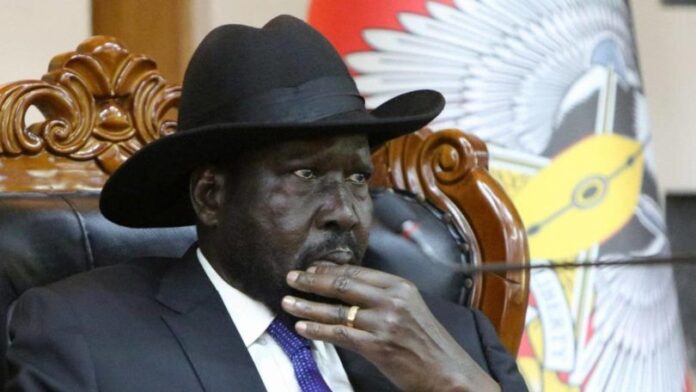Juba – South Sudanese President Salva Kiir has dismissed his finance minister for the eighth time since 2020, underscoring the persistent volatility at the heart of the nation’s leadership. The move comes just two months after the minister’s appointment and amid deepening political, security, and economic challenges.
State-run South Sudan Broadcasting Corporation announced late Monday that President Kiir had relieved Athian Deng Athian of his duties as minister of finance, replacing him with Barnaba Bak Chol. The brief official statement provided no explanation for the change, the latest in a series of top-level reshuffles that have come to define the Kiir administration.
The reshuffle highlights ongoing instability within one of the country’s most sensitive ministries. Barnaba Bak Chol, the new appointee, is no stranger to the post he previously served as finance minister for six months before being removed in March 2024. His reinstatement occurs as South Sudan grapples with soaring inflation, dwindling oil revenues, and a shrinking foreign reserve base.
Political and Economic Uncertainty
Since leading South Sudan to independence from Sudan in 2011, President Kiir has presided over a fragile transitional government marked by repeated cabinet changes and persistent factional tensions. Analysts say his pattern of swift dismissals reflects efforts to maintain a delicate balance of power among rival factions and ethnic constituencies.
The country remains haunted by the legacy of the 2013–2018 civil war, which left hundreds of thousands dead and millions displaced. Political divisions between Kiir and his first vice president, Riek Machar accused earlier this year of treason continue to threaten the unity government’s stability.
Elections Delayed, Stability Elusive
General elections, initially scheduled to mark the end of the transitional period, have been postponed twice. Observers interpret the repeated delays as evidence of fragile political consensus and a lack of clear direction toward lasting peace.
The latest ministerial shake-up adds another layer of uncertainty to the transition process, with international partners urging Juba to implement long-delayed political and economic reforms. For many South Sudanese citizens, however, the revolving door at the Ministry of Finance has become a symbol of deeper systemic dysfunction one that continues to erode confidence in the government’s ability to deliver stability and development.


